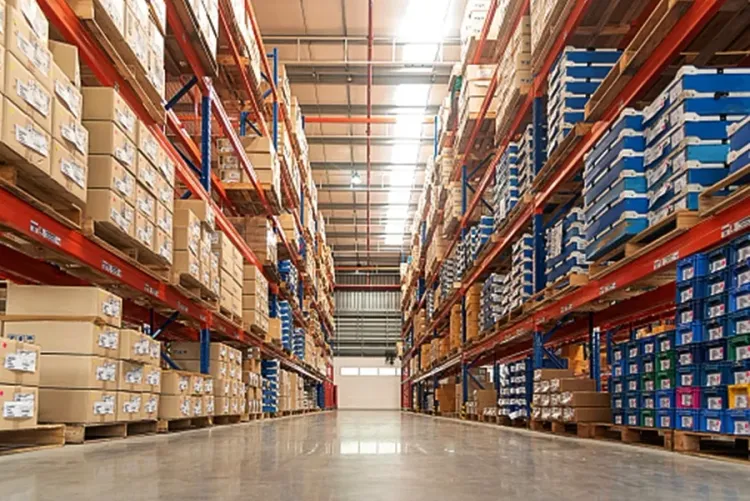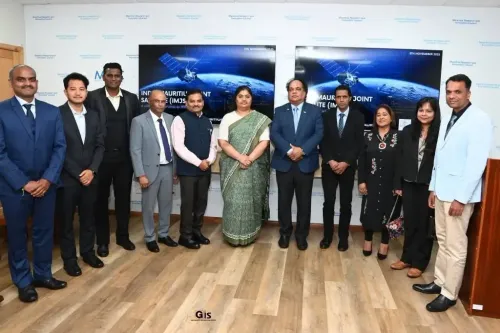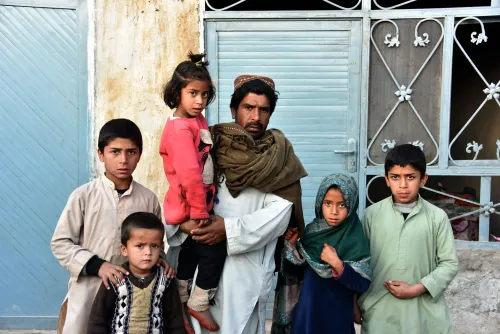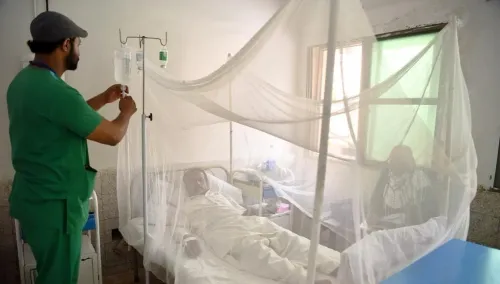Almost Half of Foreign Laborers in S. Korea Work in Mining and Manufacturing

Synopsis
Key Takeaways
- 45.6% of foreign workers employed in mining and manufacturing.
- 64.7% of foreign residents had jobs.
- 51% received monthly earnings of 2-3 million won.
- 17.4% reported discrimination experiences.
- Government plans to expand region-specific visas.
Seoul, March 18 (NationPress) Nearly half of foreign laborers in South Korea were engaged in the mining and manufacturing sectors last year, according to data released on Tuesday.
Out of the 1.56 million foreign residents in the country, 64.7 percent held jobs last year, while 31.4 percent were not economically active and 3.9 percent were unemployed, as per the figures from Statistics Korea.
Among those employed, 45.6 percent worked in mining and manufacturing, while 18.9 percent were in wholesale, retail, and restaurant sectors, as reported by Yonhap news agency.
Approximately 14 percent were employed in private enterprises or public services, 10.6 percent in construction, and 8.3 percent in agriculture and fisheries.
More than 51 percent of foreign workers earned an average monthly wage between 2 million won (US$1,382) and 3 million won, while 37.1 percent earned over 3 million won.
By visa category, 19.4 percent of foreign residents held non-professional employment visas and 12.8 percent were on student visas. Around 9 percent were permanent residents, while 7.8 percent were married to Korean nationals.
The data also indicated that the average happiness score of foreign residents was 4.3 on a five-point scale.
About 17.4 percent of foreigners reported experiencing discrimination in South Korea, with 27.7 percent of foreign students noting similar experiences.
In response, the government plans to assist depopulation regions in attracting more foreign workers by broadening the criteria for region-specific visas and streamlining the issuance process, the Ministry of Justice stated.
Currently, region-specific visas are limited to 89 depopulation areas nationwide, but the ministry aims to increase this to 107 by adding 18 areas at risk of depopulation.
The ministry will also introduce a region-specific skilled worker (E-7-4R) visa with relaxed requirements and stay duration, as announced.
Additionally, the ministry intends to allow foreigners who have been in the country for over two years with a non-professional employment (E-9) visa or a maritime crew (E-10) visa to transition to the E-7-4R visa, provided they meet the necessary qualifications in skills.









